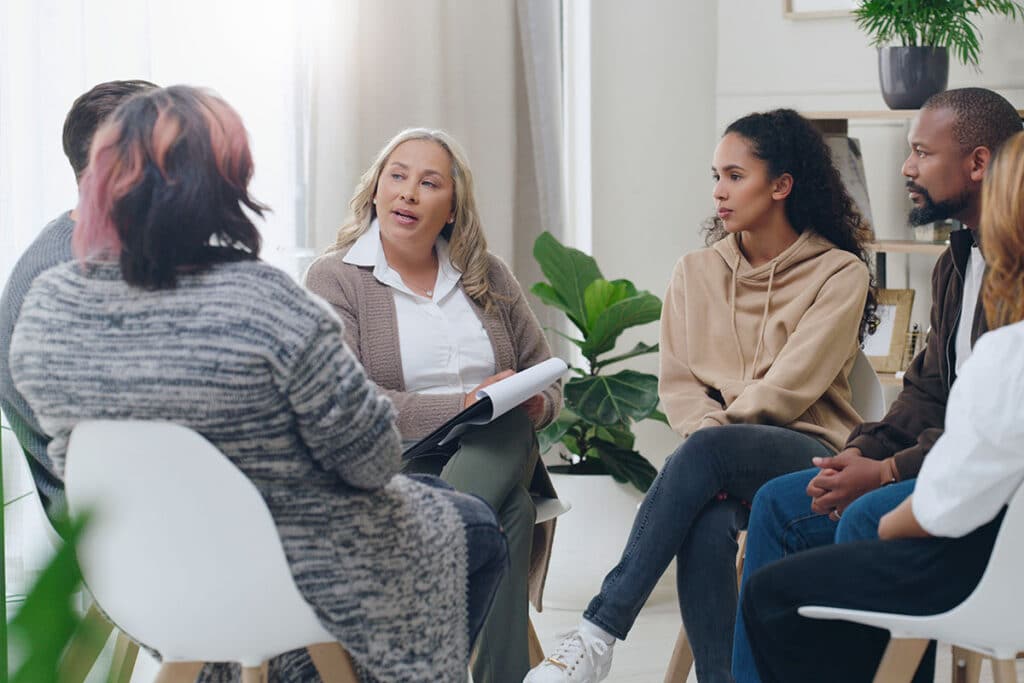Personalized Programs, Real Solutions
There are many addiction treatment centers in New Jersey, but what makes Garden State Treatment Center different is our committed to your success. From the moment a client steps through our doors, you’ll have our unmatched attention. We believe that being with you every step of the way throughout the early recovery process is the key to avoiding a relapse or pitfall.
One of the factors responsible for the high success rate of our New Jersey drug rehab program is the fact that we keep our programs small and personalized. This helps in creating a more relaxed and comfortable environment during the addiction treatment process. Successful and effective New Jersey drug rehab programs provide individualized support and attention to patients in a comfortable environment.
Lay The Foundation for a Lifetime of Recovery

Our customized and personalized drug addiction treatment programs are guided by individual treatment plans that tackle co-occurring disorders. These include disorders such as ADD/ ADHD, bipolar disorder, post-traumatic stress disorder, depression, and anxiety. Psychological or emotional distress often leads to self-medication and drug abuse and is a big contributing factor to chemical dependency. Treating drug addiction without tackling these underlying psychological problems is not effective, that’s why we have a dual diagnosis treatment program.
A Drug Rehab Program That Respects Your Privacy
Privacy is important for drug addiction treatment to be successful. Garden State Treatment Center’s commitment to privacy helps the patients to peacefully relax, journal or reflect. Our private, discreet, and serene setting ensures that you don’t have to worry about keeping your privacy protected. We are fully HIPPA complaint along with all local, state, and federal laws and regulations when it comes to keeping your privacy 100% confidential.
Our New Jersey Drug Rehab Program
In order to overcome drug addiction, it is important to understand what addiction is and its causes. Different people are influenced by different factors that can lead to chronic substance abuse. When drug abuse escalates, it’s usually hard to know where to get help. There are so many treatment programs to choose from, how you do you know if you’re picking the right one?
Give us a call and we will provide you with a 100% confidential and free personalized assessment. At this sensitive time, Garden State Treatment Center’s drug rehab program in New Jersey will go a long way in motivating, inspiring and supporting men and women that are searching for long-term recovery.



